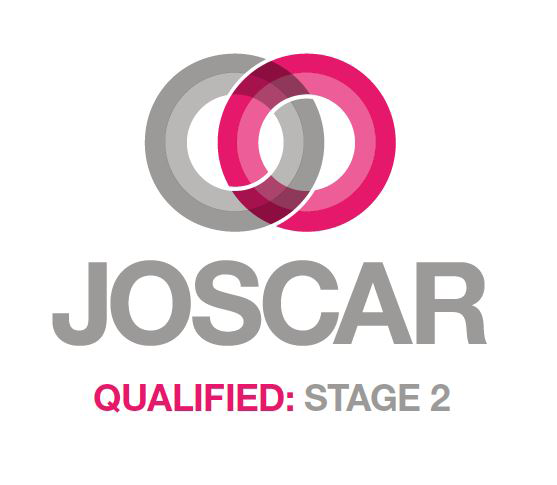The incredible duo of Dr Demetrios Matsakis and John Clark from Masterclock have collaborated with NIST on a new white paper, diving deep into the inner workings of GPS-disciplined clocks, looking at how they behave during rapid temperature variations and the potential modifications that might make them less sensitive to these variations.
ABSTRACT
GPS-disciplined clocks (GPSDCs) are designed to optimize the accuracy and stability of their pulse-per-second (PPS) and frequency outputs by steering an internal oscillator to the timing solution from a GPS receiver based on the received satellite signals. The steering function uses either a frequency-lock or phase-locked loop (PLL), typically implemented with a proportional integral derivative (PID) controller.
Ideally, a GPSDC will exploit the stability of its local oscillator for short intervals but derive its long-term accuracy and stability from the GPS system's delivered prediction of UTC(USNO), the Coordinated Universal Time (UTC) scale maintained by the United States Naval Observatory (USNO). The output frequency of both quartz and rubidium oscillators is affected by changes in external environmental conditions, primarily temperature. Therefore, it would not be expected that the optimal steering function in the steady state would also be optimal during rapid variations of environmental conditions surrounding the device.
We report the observed behavior of several commercially available GPSDCs while they are subjected to rapid temperature variations and discuss potential modifications that might make them less sensitive to these variations.
.png)

















